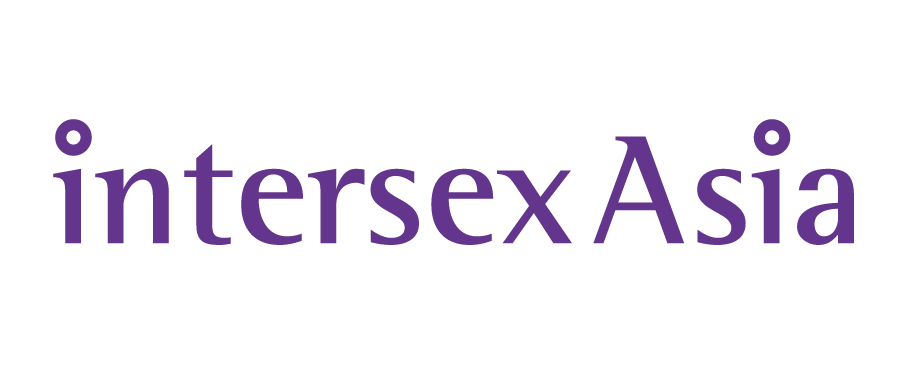Every year, 24th March is observed as International Day for the Right to the Truth concerning Gross Human Rights Violations and for the Dignity of Victims. Conventionally, the discourse around right to truth has revolved around the concept of transitional justice. About three decades ago, when the concept of transitional justice was first mooted, it was viewed as a tool possible for reviving with the spirit of democracy, backed by rule of law in post-conflict and other tormented societies.
In recent years, it has been noted that marginalised and vulnerable population groups have invoked the concept of right to truth in their struggle for justice, which is a departure from the traditional understanding of the concept. According to the former UN Special Rapporteur Pablo de Greiff, transitional justice incorporates truth, justice and reparations as key concepts underlying, amongst others, the need to reestablish rule of law, and provide effective safeguards for accountability, to prevent recurrence of gross violations. He also highlighted the need for a flexible understanding of the term ‘transitional justice’ to incorporate different types of conflicts, at various levels, necessitating a justice framework, which is focused on the victims’ and their families’ needs, in the background of their right to know the truth, and particularly incorporating even socio-economic, economic, educational, employment and psychosocial assistance.
Over the years, Intersex community has started realising the utility of this principle in advocating for intersex rights in the legal and policy discourse. Given the legacies of historical wrongs and human rights violations suffered by the intersex community, concrete measures such as reparations and institutional reforms are immensely relevant to the intersex rights movement. While the recent years have seen few positive developments, the intersex community is far from experiencing any major political transformation in terms of establishment of legal protection mechanism within the current framework. As a result of invisibilization, the intersex community has been inflicted with serious political, social, economic and psychological harm. It is imperative that these challenges are recognised and addressed by invoking right to truth.
Invoking right to truth has particularly started gaining prominence since it was incorporated in Yogyakarta Principles +10. In 2017, Yogyakarta Principles +10 were adopted recognising “the emerging understanding of violations suffered by persons on grounds of sexual orientation and gender identity and the recognition of the distinct and intersectional grounds of gender expression and sex characteristics.” The adoption of this framework was a major milestone for the global intersex rights movement as well as it specifically recognised the human rights violations on grounds of sex characterstics.
On 24th March, it is important to recall Principle 37 of Yogyakarta Principles +10 which highlighted Right to Truth in the following manner:
“Every victim of a human rights violation on the basis of sexual orientation, gender identity, gender expression or sex characteristics has the right to know the truth about the facts, circumstances and reasons why the violation occurred. The right to truth includes effective, independent and impartial investigation to establish the facts, and includes all forms of reparation recognised by international law. The right to truth is not subject to statute of limitations and its application must bear in mind its dual nature as an individual right and the right of the society at large to know the truth about past events.”
This principle also obligates states to undertake legal and policy measures to ensure that victims of human rights violations are able to access truth-seeking mechanisms and seek redress for violations of right to mental and bodily integrity. Even after three years of adoption of Yogyakarta Principles +10, there has been no progress on the institutional front regarding the implementation of right to truth.
Intersex community continues to face human rights violations in forms of erasure of their identity and violation of bodily integrity. On this day, Intersex Asia calls upon states in the Asian region to recognise and give effect to right to truth by establishing institutional mechanisms for intersex people. The discourse around right to truth unfortunately become eclipsed within the intersex movement as well. 24th March is an occasion to reaffirm the spirit of right to truth as a major pillar of the intersex human rights movement. Right to truth can complement the ongoing efforts for legal and policy reforms it includes non-judicial processes and mechanisms, including facilitating initiatives to document violations and testimonies of intersex people who have undergone ‘normalising’ procedures, creating avenues to deliver wide forms of reparations and other assistance, contributing to the institutional reform in order to promote and protect human rights and having community consultations with the holistic aim of acknowledging the truth. Right to truth can pave the way for a fundamental social and political transformation of the current order as it helps us a great deal in dealing with the past.



